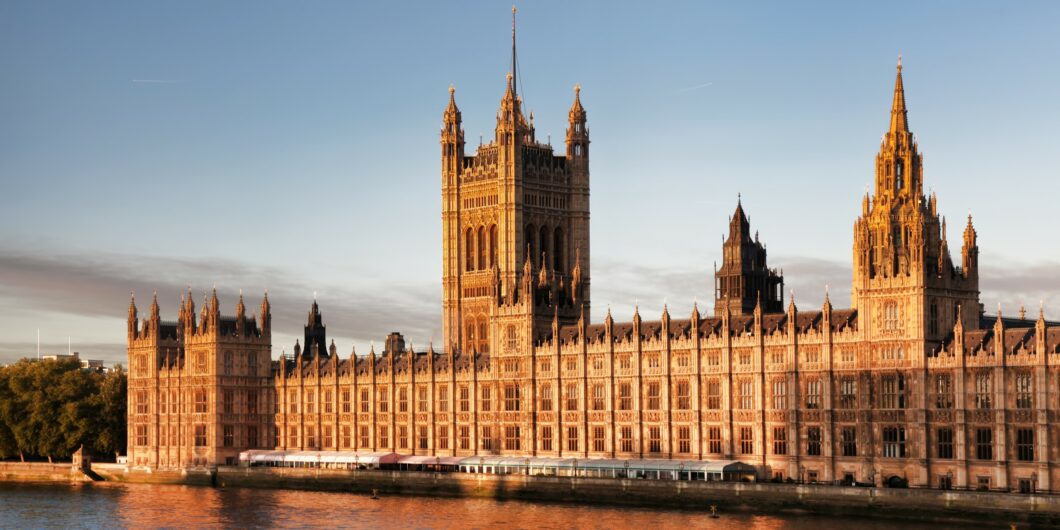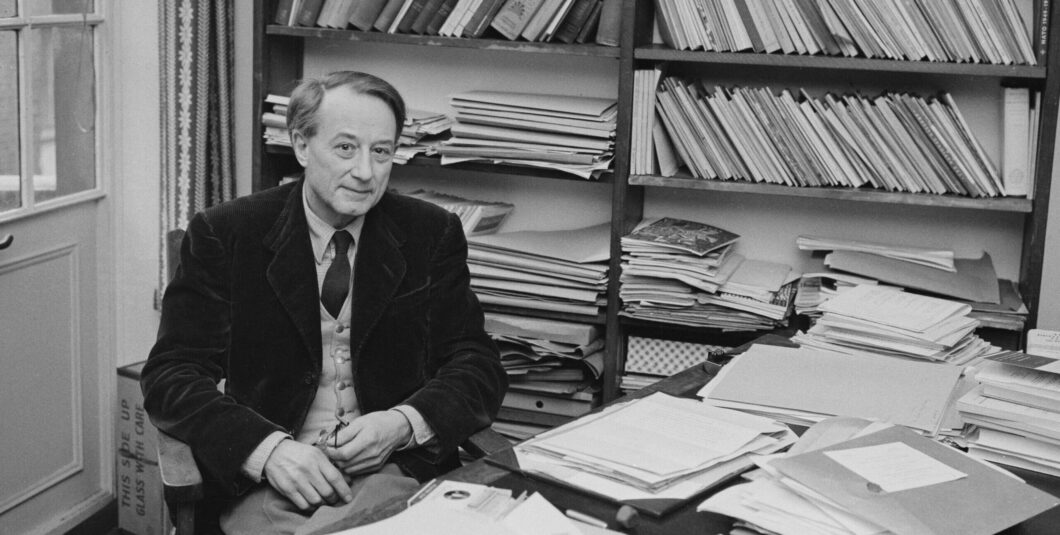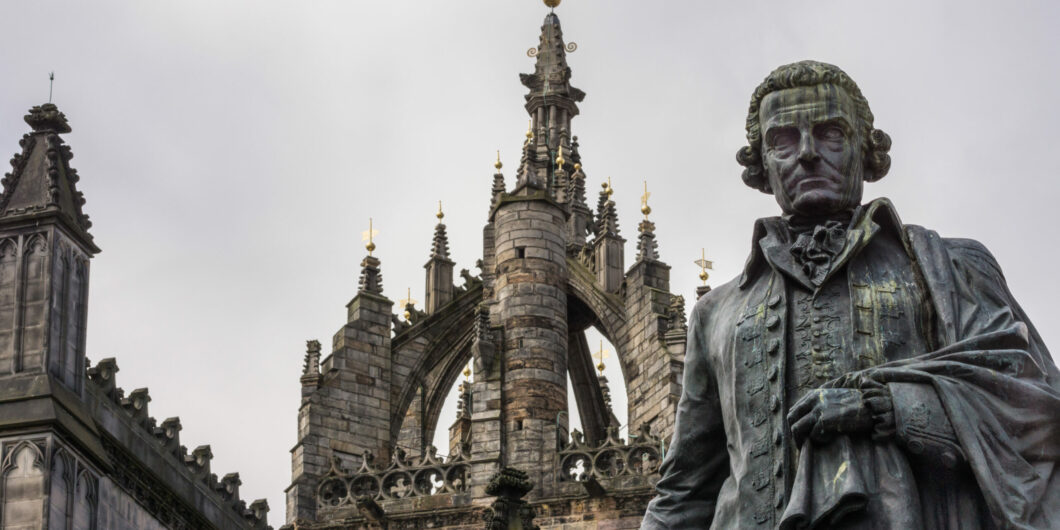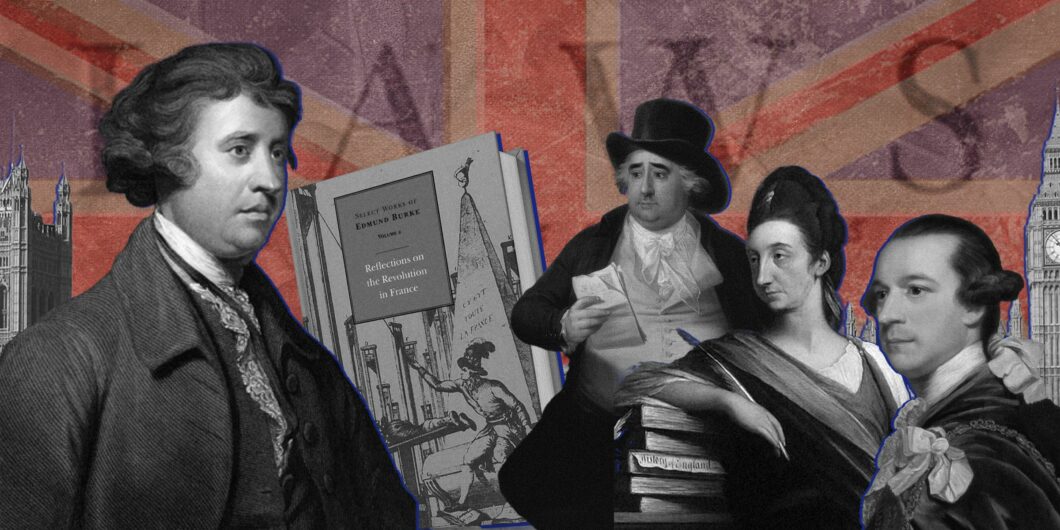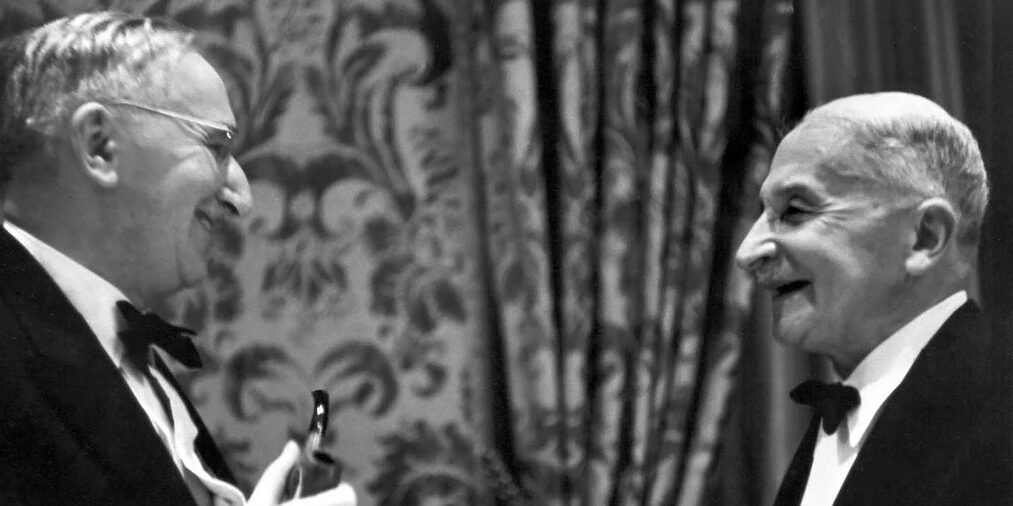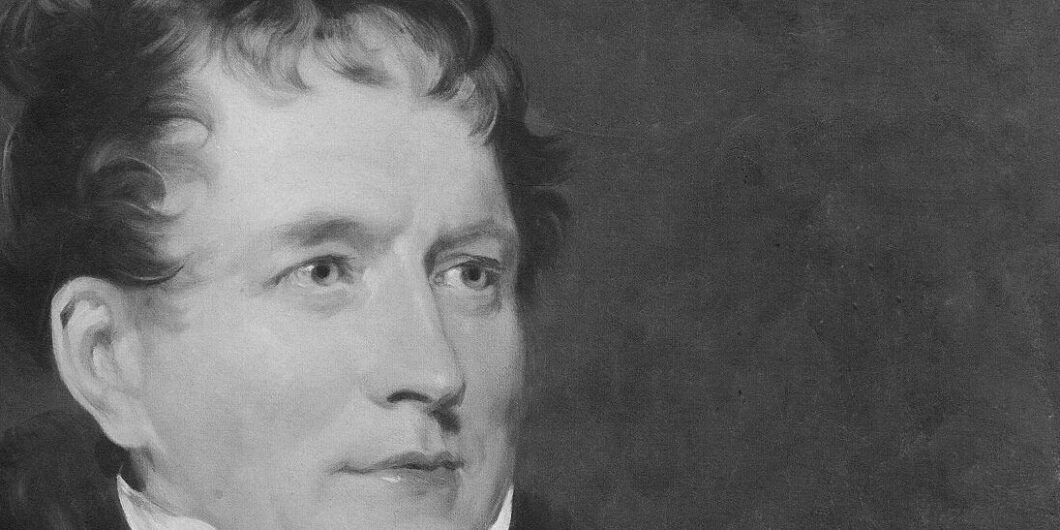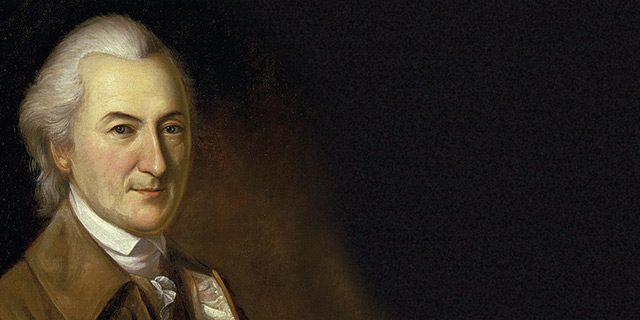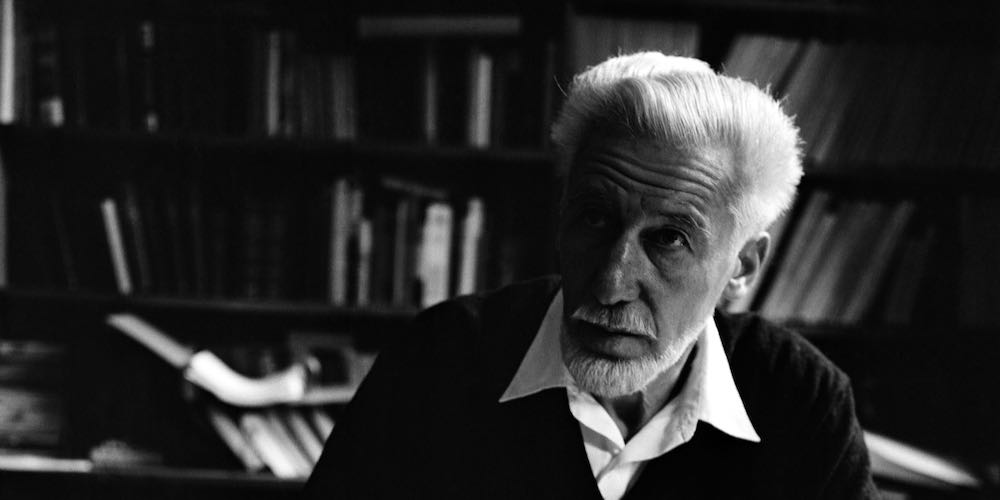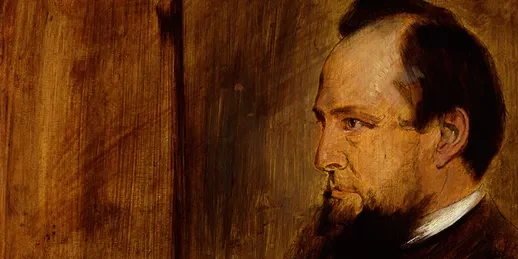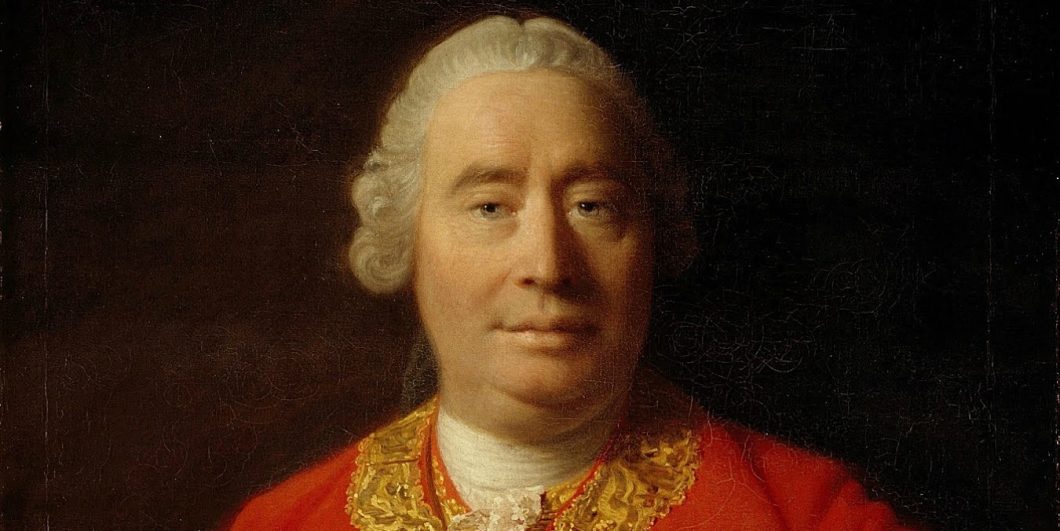Ludwig von Mises’s World War I-era warnings about the threats to classical liberal order remain all too relevant in the modern world.
Classics
Recent
In the Present Discontents, Burke laid out his constitutional theory, including his famous defense of political parties.
Weaver’s Southern Essays provide a beautiful and tragic vision of a world that has passed away.
Liberty Fund’s edition of Hayek’s book The Sensory Order proves the Austrian economist made major contributions to psychology.
For Hume, liberty was something unintended and fragile, yet precious.
Timothy Fuller’s new volume of essays on Michael Oakeshott can help us humbly understand the vast complexity of life.
Smith’s account of moral sentiments arises from human interaction driven by the desire for mutual sympathy.
The philosophy of the modern state contained in Reflections made people rethink what it meant to be a Whig.
Before rebooting America’s system of natural liberty, we first need to understand what liberalism is.
A newsletter worth reading.
Mercy Otis Warren wanted her countrymen to remember the terrible burden of being unfree.
Friedrich von Gentz vindicated the principles of the American Revolution, even as he criticized the abstract, indefinite articulation of them.
John Dickinson’s Letters from a Farmer capture the intellectual undercurrent of the Revolution.
The redistribution of wealth changes society in deep ways that social planners tend to overlook.
Rejecting abstract ideologies, Lord Acton believed liberty was not a means but an end.
Hume was a quintessential eighteenth-century man of letters, as evidenced by his Essays, Moral, Political, and Literary.




